With the return of former Prime Minister Nawaz Sharif from self-exile and the incarceration of another former Prime Minister, Imran Khan, Pakistan’s democracy is currently embroiled in a period of significant uncertainty and skepticism.
Pakistan’s former foreign minister, Shah Mahmood Qureshi, was rearrested on Wednesday under dramatic and controversial circumstances. Following his release on bail from a prison facility near Islamabad, Qureshi was abruptly detained again by police officers in front of family members and media. This incident, involving alleged rough treatment and manhandling, has caused widespread criticism and condemnation. Qureshi, a senior member of Imran Khan’s Pakistan Tehreek-e-Insaf (PTI) party, is being tried alongside Khan on charges of publicizing state secrets related to the United States, allegations they both deny as politically motivated.
The re-arrest is seen as part of a broader crackdown on PTI and its candidates ahead of the general elections scheduled for February. PTI has criticized the current regime, describing it as a fascist government with a disregard for the rule of law and the constitution. Qureshi’s new detention is officially linked to his alleged involvement in attacks against military installations during anti-government protests in May, which he denies as politically motivated.
Notable figures, including Mushahid Hussain, a senior senator, and Pakistani President Arif Alvi, have voiced their concerns over this incident. Hussain criticized the arrest as a sign of Pakistan’s descent into a “lawless Republic of Fear,” while President Alvi, a PTI supporter, highlighted the infringement on human rights and dignity
Human rights activist Ammar Ali Jan also condemned Qureshi’s detention, describing it as an abduction by a “gangster state”.
The Election Commission of Pakistan (ECP) has assured the nation of impartial and transparent elections. They have made significant progress in activities related to the delimitation of constituencies and staff postings, aiming to ensure that the elections take place as scheduled.
The return of Nawaz Sharif to Pakistan, after four years of self-imposed exile in London, has added a new dimension to the already complex political landscape in Pakistan ahead of the general elections scheduled for February 8, 2024. Sharif’s return is seen as a significant event, suggesting a degree of reconciliation with the military and a potential shift toward a more inclusive political environment. His goal is to unite and energize the base of his party, the Pakistan Muslim League-Nawaz (PML-N), and to lead it back to power in the upcoming election.
Former Prime Minister Imran Khan’s party, Pakistan Tehreek-e-Insaf (PTI), is facing several challenges, including opposition from the ECP and potential changes in its electoral symbol. In contrast, parties like Pakistan Muslim League-Nawaz (PML-N) and Pakistan People’s Party (PPP) are forming alliances to strengthen their chances of forming the next government. The political battle, particularly in Punjab, is becoming increasingly intense, with PPP accusing PML-N of receiving military establishment support.
However, the political scene is not just about party strategies. Pakistan faces significant economic and security challenges. The country has been in economic turmoil for almost two years, with inflation severely impacting the population’s ability to afford basic necessities. This economic strain has led to a general apathy towards the elections, as citizens struggle to make ends meet.
Security concerns, particularly the threat from militant groups and the aftermath of protests, have also heightened tensions. The mistrust between state institutions and the public’s concern for Pakistan’s future as a modern state add layers of complexity to the upcoming elections.





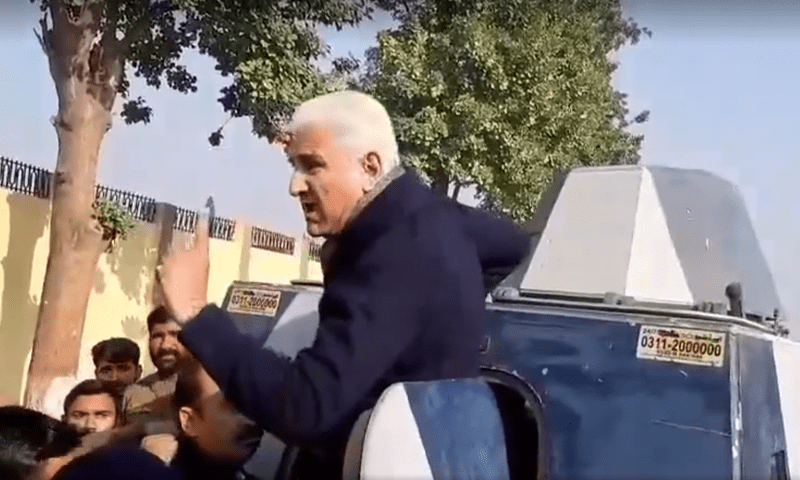
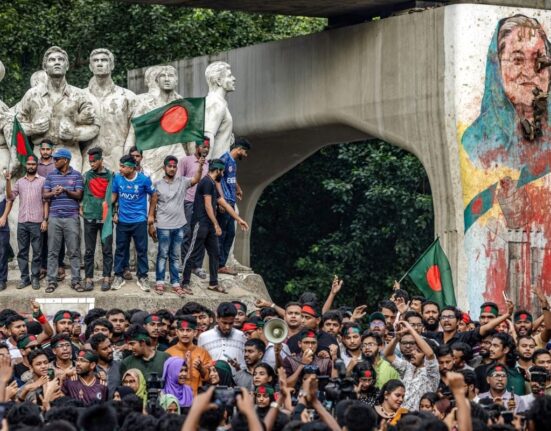
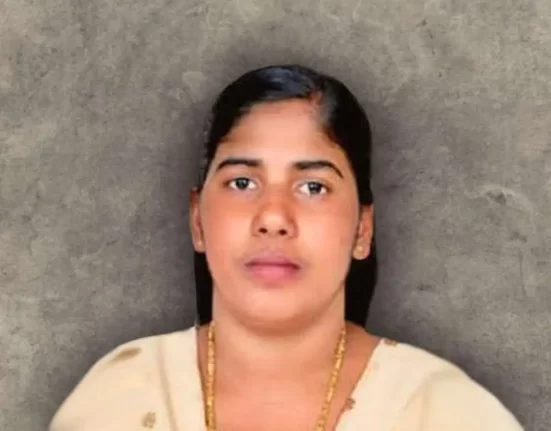
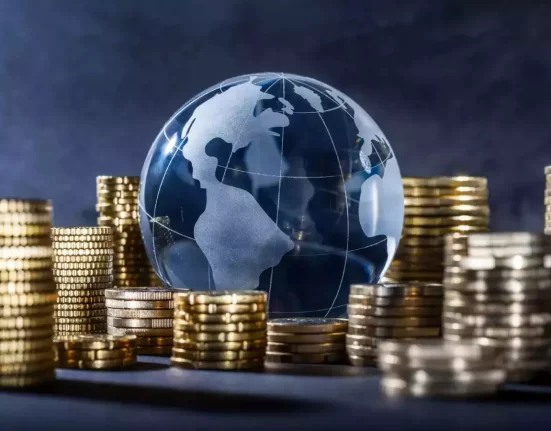
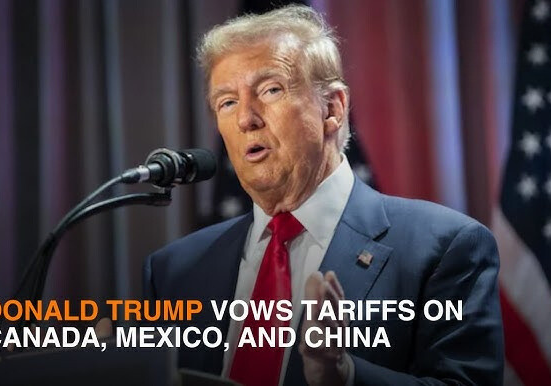
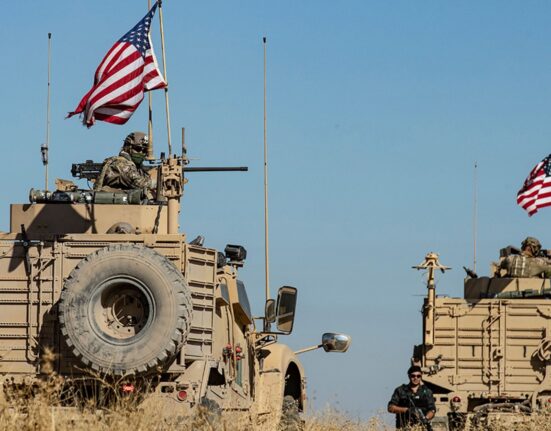
Leave feedback about this